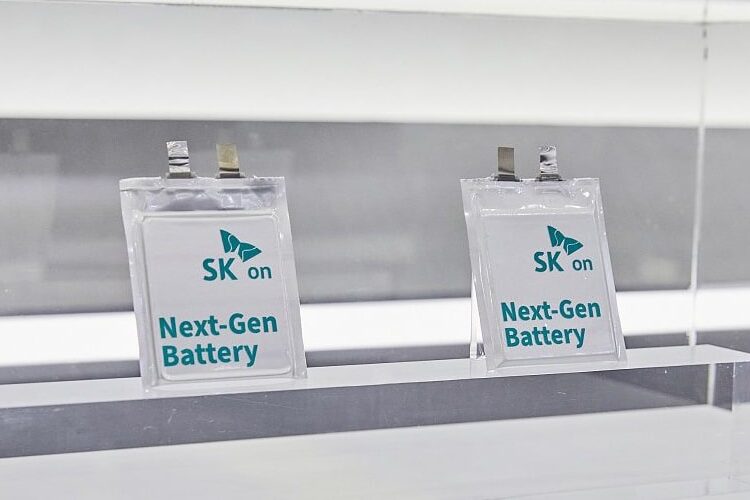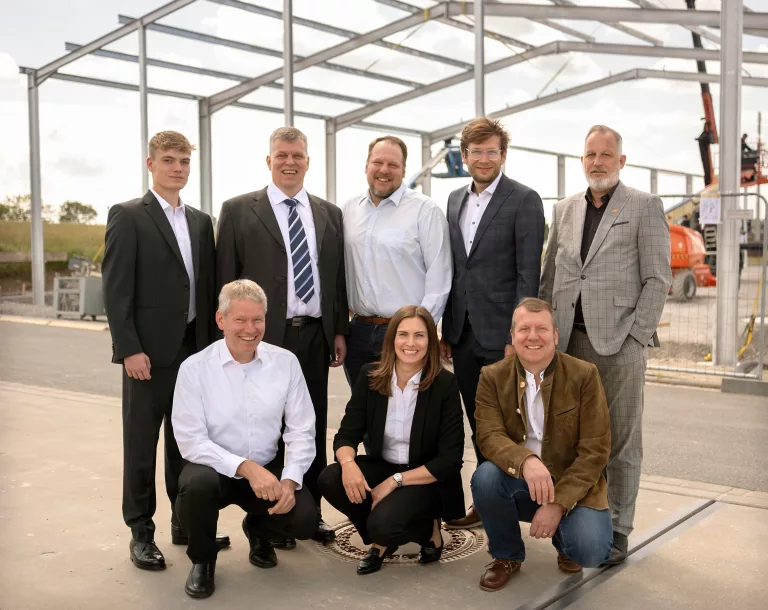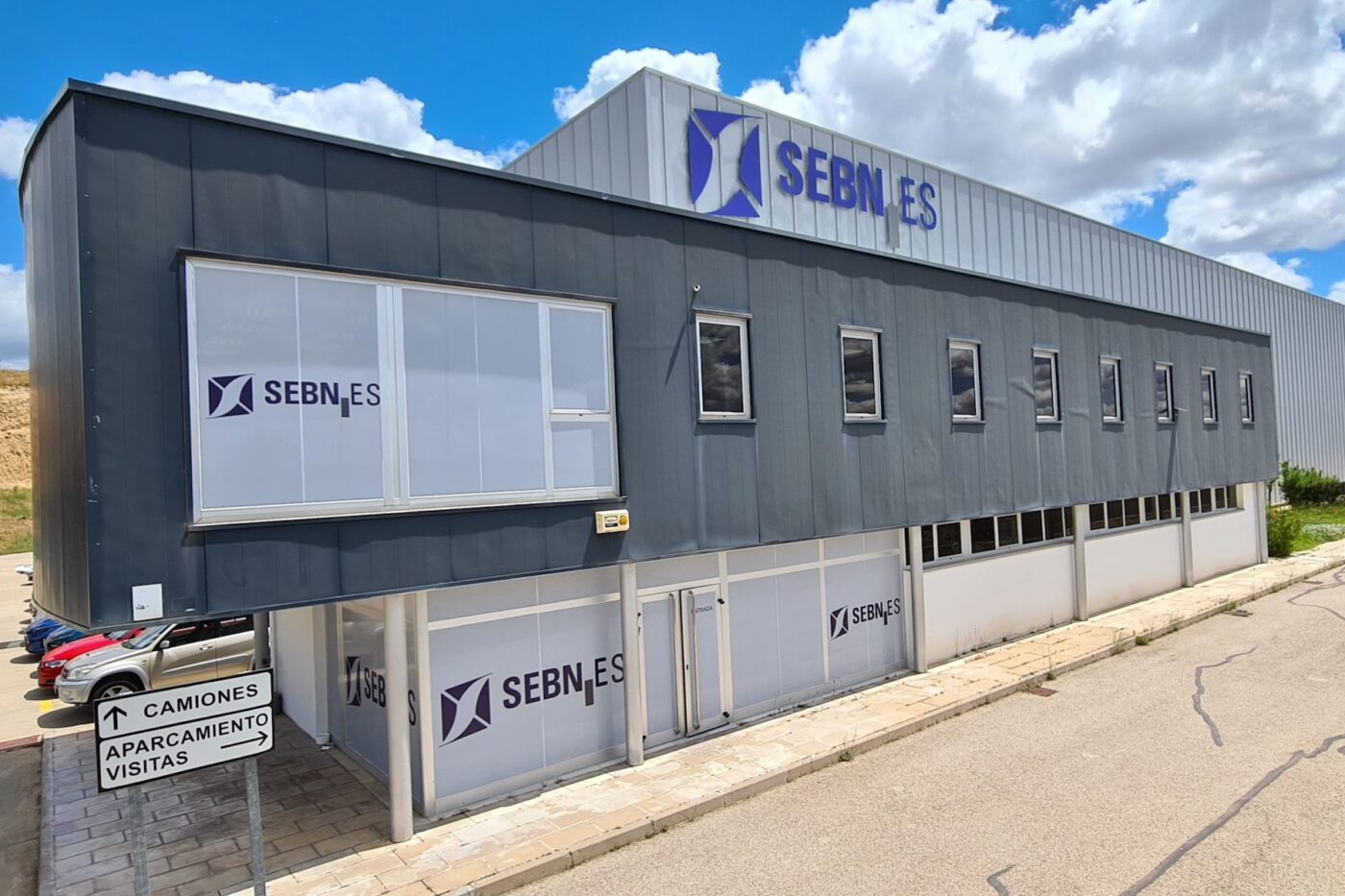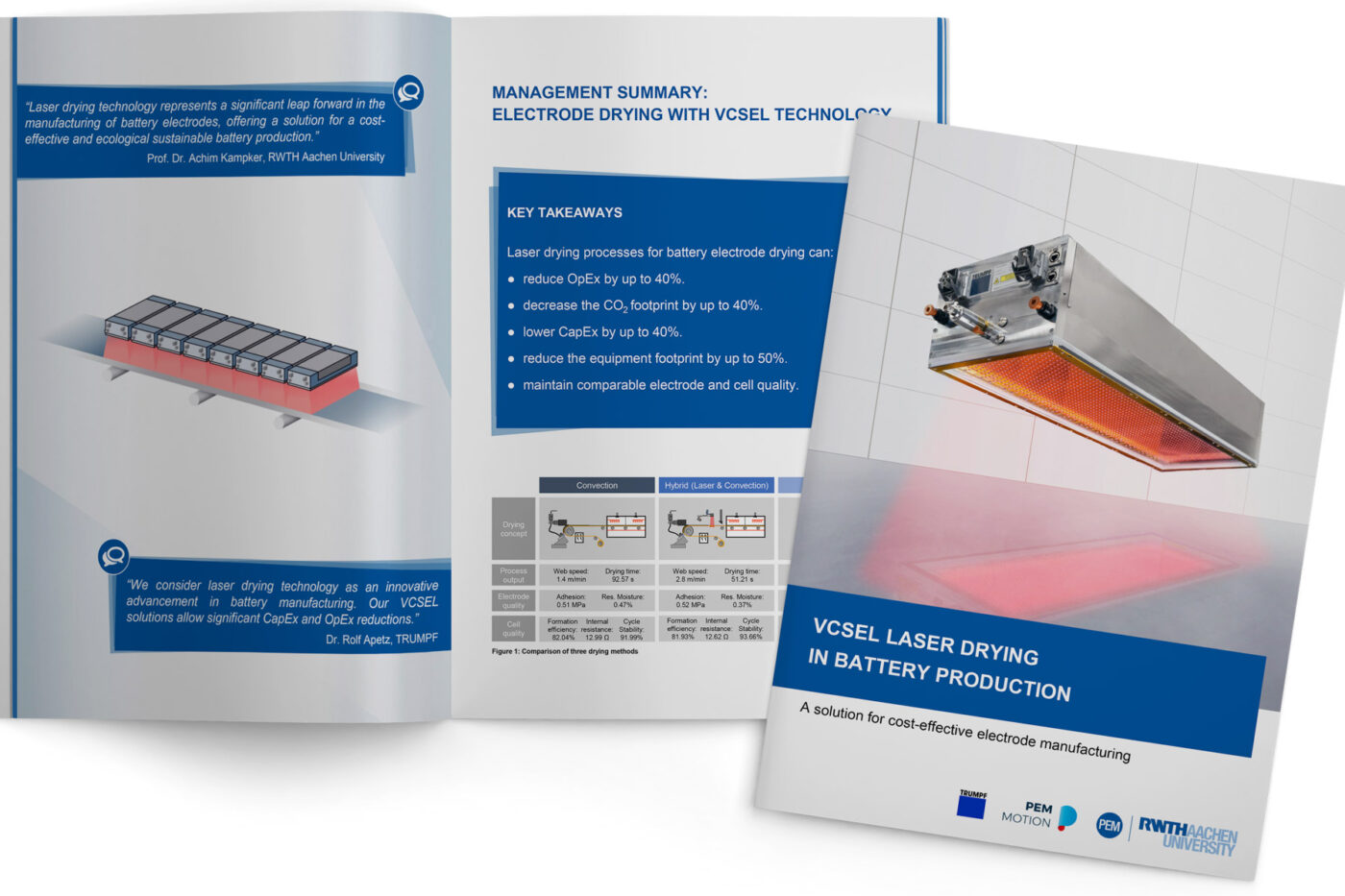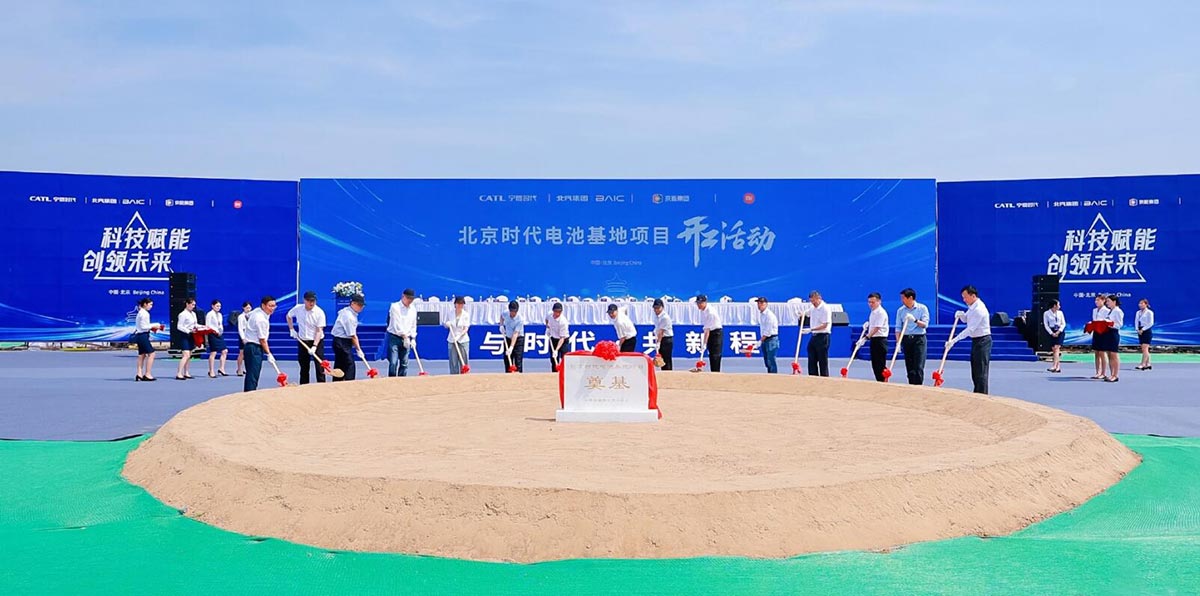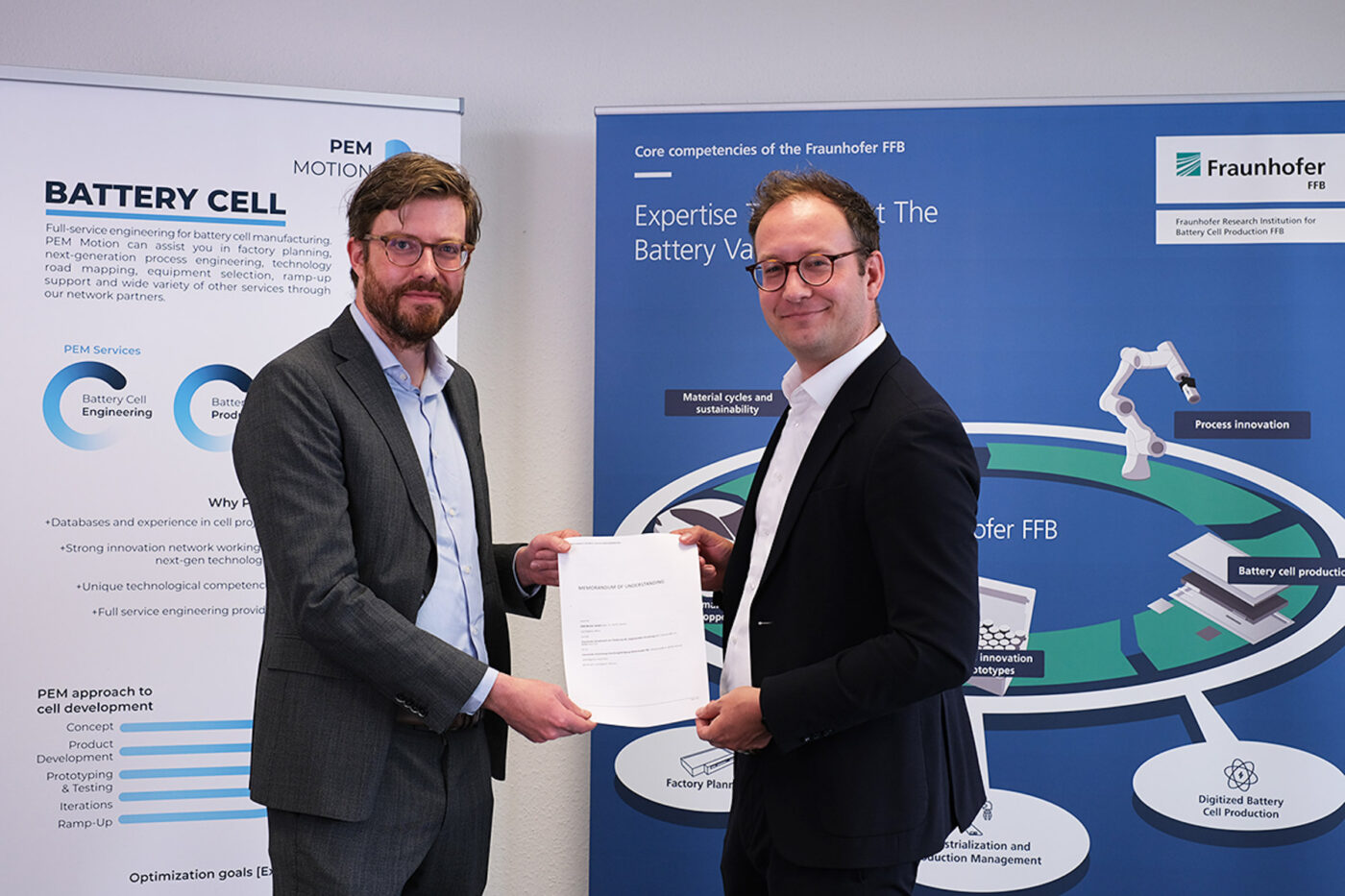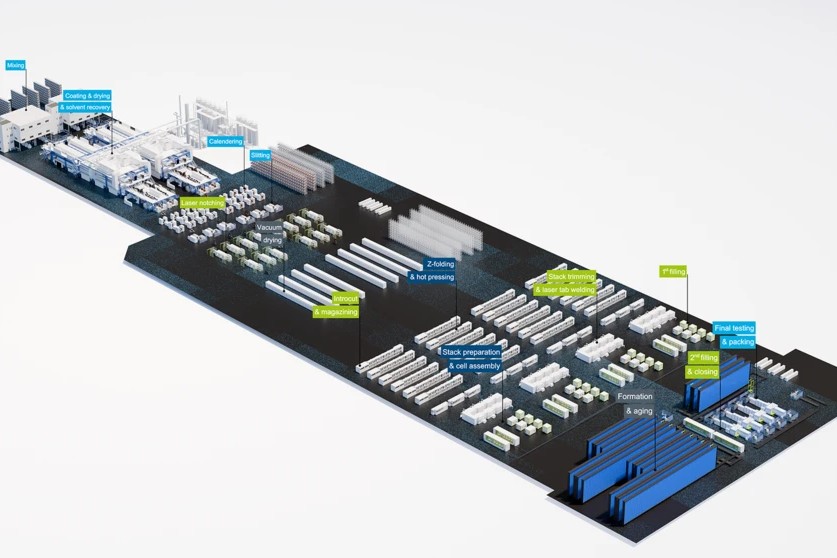South Korean company SK On has made significant strides in solid-state battery technology, announcing the creation of a solid polymer electrolyte for lithium-metal batteries that can operate at room temperature. This development could potentially revolutionize the field of solid-state batteries, offering improved performance and ease of production.
Working in collaboration with researchers from the University of Texas, SK On developed a novel polymer electrolyte named “SIPE” (single-ion conducting polymer electrolyte). The company believes that this electrolyte will play a crucial role in enhancing the performance of solid-state batteries and expediting their development. The research findings were recently published in the Journal of the Electrochemical Society.
Polymer electrolytes are seen as the next frontier in solid-state battery materials due to their cost-effectiveness and ease of manufacturing. However, their ionic conductivity has traditionally been lower than that of oxide and sulphide-based electrolytes, limiting their operation to high temperatures of 70 to 80 degrees Celsius. Overcoming this challenge has been a key focus for SK On.
Through their research, SK On claims to have significantly improved the ionic conductivity and lithium ion transfer coefficient of their polymer electrolyte, enabling operation at room temperature. They state, “Compared to existing polymer electrolytes, SIPE has increased room temperature ionic conductivity by approximately ten times (1.1×10-4S/cm) and the lithium-ion transference number from 0.2 to 0.92, nearly a fivefold increase. These improvements enable operation at room temperature.”
Additionally, SK On asserts that they have addressed the issue of high capacity loss in polymer electrolytes during high-power charging (HPC) by enhancing the ionic conductivity. According to their experiments, batteries with SIPE retained 77 percent of their discharge capacity at high charge and discharge rates (2C) compared to low rates (0.1C). SIPE also boasts high mechanical resistance for mass production and thermal stability up to temperatures exceeding 250 degrees Celsius.
Kim Tae-kyung, head of SK On’s Next Generation Battery R&D Office, expressed optimism about the impact of this research, stating, “Based on the results of this research, we expect to accelerate the development of solid-state batteries applying polymer electrolytes. SK On will seize growth opportunities in the next-generation battery field by leveraging our competitive edge in new material technologies.” SIPE could find application in next-generation hybrid solid-state batteries, improving charging speed and performance at low temperatures.

